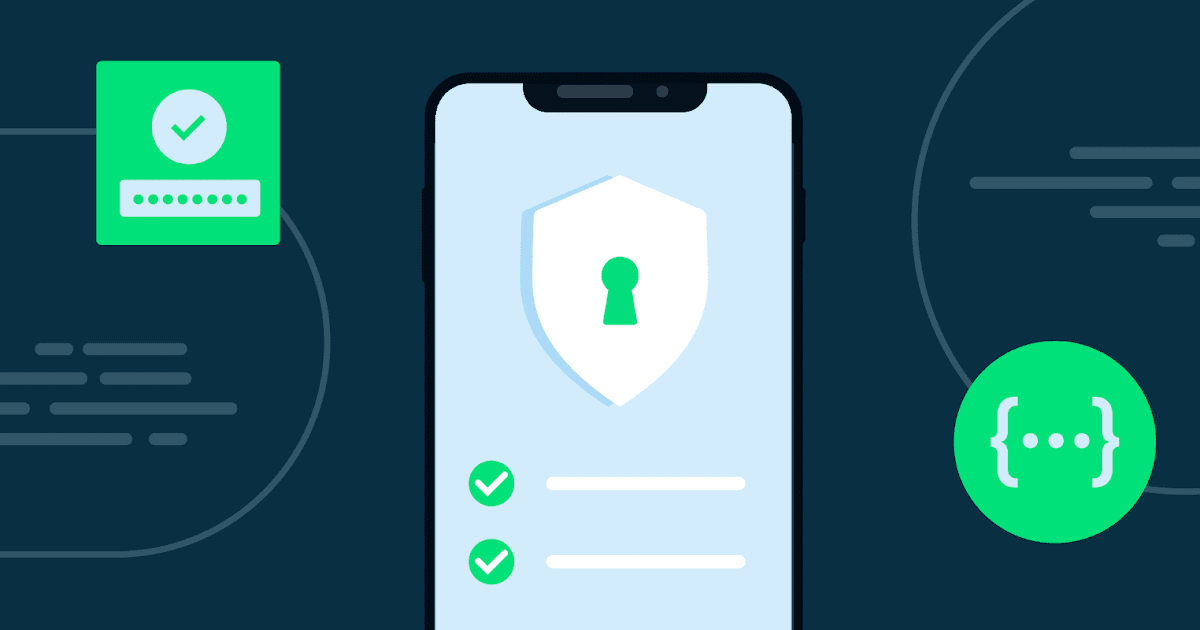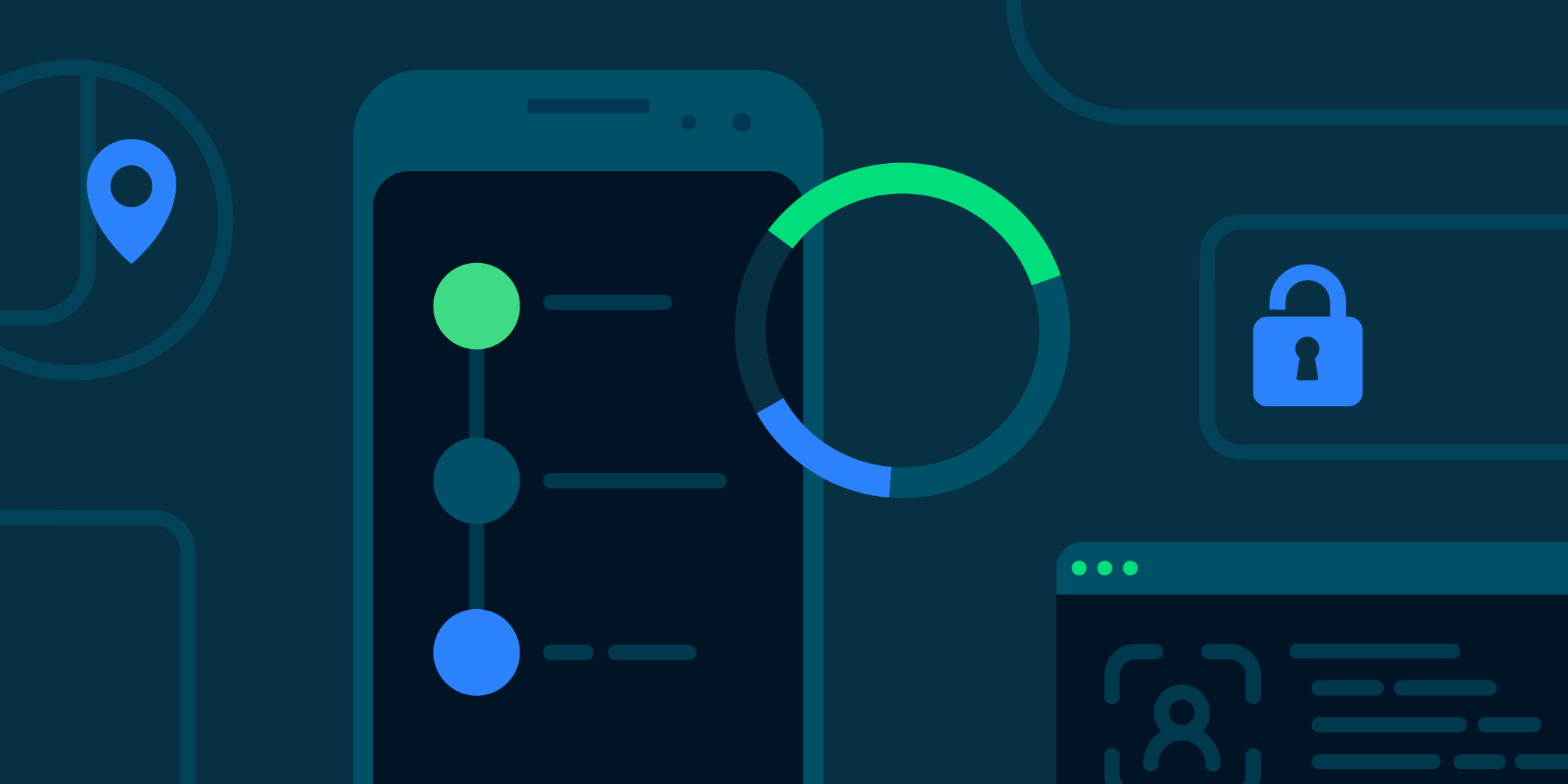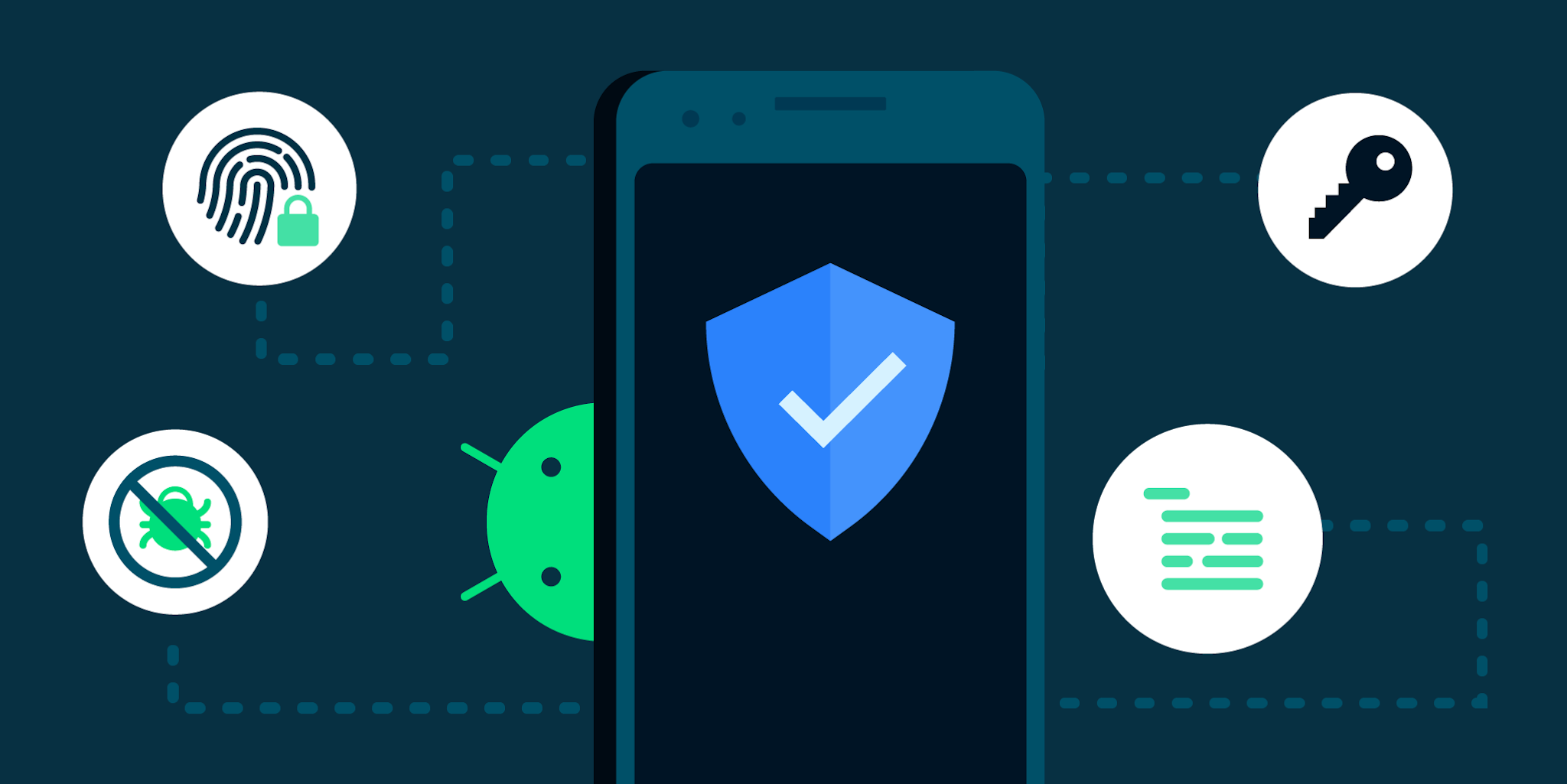The widespread adoption of smartphones and other mobile devices has created a world in which we rely heavily on applications (apps) to perform a variety of tasks. From shopping and banking to social networking and entertainment, there is an app for almost everything.
But as we entrust more of our personal and sensitive information to these apps, it is important to consider the security and privacy risks that come along with this convenience.

Understanding App Security Risks
Apps can pose several security risks, from malware and viruses to data theft and unauthorized access. Some of the most common security risks associated with apps include:
- Malicious apps: Some apps are deliberately designed to harm the user’s device or steal personal information. These can be difficult to detect, as they often masquerade as legitimate apps.
- Unsecured data transmission: If an app does not properly encrypt the data it sends and receives, it can be vulnerable to eavesdropping and interception by hackers.
- Unsecured data storage: If an app stores sensitive information on the device, it must ensure that the data is properly secured. Otherwise, it can be vulnerable to theft or unauthorized access if the device is lost or stolen.
- Unauthorized access: Apps that do not properly authenticate users or restrict access to sensitive information can leave users vulnerable to unauthorized access.

Protecting Your Privacy
In addition to security risks, apps can also pose significant privacy risks. Some of the most common privacy risks associated with apps include:
- Data collection: Many apps collect a wide range of data, from user preferences and location data to personal information such as email addresses and phone numbers. This data can be used for a variety of purposes, from targeted advertising to data mining and analysis.
- Permissions: When you download an app, you are often asked to grant it certain permissions, such as access to your camera, microphone, and contacts. It is important to carefully consider which permissions you grant to an app, as some apps may use these permissions in unexpected and potentially harmful ways.
- Third-party tracking: Many apps contain third-party tracking software, which can collect data about your usage of the app and your device. This data can be used for a variety of purposes, from targeted advertising to data mining and analysis.

Best Practices for App Security and Privacy
There are several best practices that you can follow to ensure the security and privacy of your apps and personal information:
- Use secure networks: When downloading or using apps, always use a secure network, such as a personal Wi-Fi network or a virtual private network (VPN).
- Keep your device and apps updated: Regularly update your device’s operating system and all of the apps you have installed to ensure that you have the latest security and privacy protections.
- Read app reviews: Before downloading an app, read reviews from other users to get a sense of its security and privacy practices.
- Read app permissions: Before granting an app access to sensitive information or device features, carefully review the app’s permissions and ensure that you understand what data the app will be able to access and how it will use that data.
- Use a password manager: Consider using a password manager to generate and store strong, unique passwords for all of your apps.
- Be cautious when granting permissions: Only grant permissions to apps that you trust and that have a legitimate need for the data they are requesting.
- Consider using a privacy-focused browser: To protect your online privacy, consider using a privacy-focused browser, such as Mozilla Firefox or Google Chrome’s Incognito mode. These browsers have built-in privacy features that can help protect your online activity and personal information.
- Be aware of third-party tracking: If you are concerned about third-party tracking, consider using a privacy-focused browser extension, such as Ghostery or Privacy Badger, which can block trackers and prevent third-party companies from collecting your data.
- Use encryption: If you need to store sensitive information on your device, consider using encryption to protect the data. There are many free and paid encryption apps available, such as VeraCrypt or TrueCrypt, that can help you secure your data.
- Be mindful of public Wi-Fi: Public Wi-Fi networks can be vulnerable to hacking and eavesdropping, so it is important to be cautious when using public Wi-Fi for activities such as banking or shopping. Consider using a VPN when using public Wi-Fi to encrypt your internet traffic and protect your sensitive information.
- Educate yourself: Stay informed about the latest threats and best practices for app security and privacy. Read articles and blogs, attend security conferences and workshops, and take online courses to learn more about how to protect yourself and your data.
Conclusion:
As the use of apps continues to grow, it is increasingly important to be mindful of the security and privacy risks they pose. By following best practices and staying informed, you can help protect your personal information and ensure that your data remains secure. By taking a proactive approach to app security and privacy, you can enjoy the many benefits of the app-driven world while minimizing the risks.



















